We examine three quintessential horror films that powerfully explore ideas of family trauma, grief, and the horror of loss.
The horror genre serves as a vessel for emotional turmoil and trauma but in a controlled setting.
This form of artistic expression allows us to express difficulties in life, such as trauma, anxiety, and other similar struggles. Horror connects us and provides a foundation for understanding themes such as familial trauma and grief. Trauma generates emotions, and horror latches onto those emotions, probing past secrets and bringing trauma’s roots up from the family tree.
According to a journal article from Sage Journals, researchers state that “beyond the surface-level threat posed by many horror antagonists — the sharp knife of the serial killer, the gnashing fangs of the werewolf — horror often concerns itself with the fears, anxieties, and traumas, real or perceived, that assail ordinary human existence.”
In other words, horror is an interpretation of the afflictions of the human experience.
Recently, the subgenre of “grief horror” or “familial trauma horror” has gained popularity, particularly in the 2010s.
Bloody Disgusting states, “Nevertheless, when we eventually look back on the 2010s years from now, we’ll find that this decade, more than anything, should be seen as the decade of grief horror.”
Horror films centering on familial trauma look inward, focusing on traits passed down through generations.
Fortunately, by fixating on family trauma in horror, we uncover the source of suffering and discover where poor parenting, abuse, and unresolved issues originate. Inherited trauma as a focal point in the film is a new form of horror because it isn’t an externally terrifying force; it’s real.
Familial trauma is more horrifying than any other subgenre, for example, body horror or monsters, because the dread is emotionally coupled with the theme. Body horror, slasher, or monster films appear unrealistic because we know a zombie, werewolf, or other supernatural entity can’t harm us, but inherited traits and family history can.
While this horror subgenre is unsettling, it’s also cathartic because filmmakers control grief and trauma.
Watching familial trauma horror movies can provide a release for those who have endured similar experiences. It enables us to comprehend and analyze complex family relationships and better understand our experiences.
1. HEREDITARY (2018)
Horror film director Ari Aster skillfully introduces mental illness, cursed family lineages, and repressed trauma into the deeply perturbing film Hereditary. It combines family drama, tragedy, and horror to create dread and terror.
Hereditary stars the incredible Toni Collette, Gabriel Byrne, Alex Wolff, and Milly Shapiro. After Charlie’s (Milly Shapiro) death, Annie Graham (Toni Collette) and her family’s dynamics progressively dissipate and hurdle towards a breakdown. Before Charlie’s death, Annie’s mother, Ellen, also passed away, adding to the complex emotions of grief. As the story progresses, the grandmother’s life and family ancestry secrets reveal themselves, and emotions boil over, creating an unpleasant domestic atmosphere.
Inherited traits, trauma, loss, and seething anger find their way into the characters of Hereditary.
Hereditary examines aspects of familial lineage as well as characteristics like mental illness. The film poses the question, “What traits have we inherited from generations before us?”
Unfortunately, disintegration occurs for the Graham family. From the moment Charlie dies, each grieves differently, turns on the other, and places blame. With Charlie’s death, Aster depicts the suffering and excruciating grief while investigating mental illness and familial trauma. Annie is overcome with grief, shame, and resentment for her son, Peter. Peter and Steve, the father, both cope by dissociating and detaching.
Another concept explored in Hereditary is generational trauma.
Ellen passes down traits to Annie, thus affecting the second-generation family dynamic. The grandmother’s actions in her life, as well as the mental illness she passes on, harm the Graham family and bring to light long-standing issues. It’s as if a dark, heavy cloud looms over the Graham home. Hereditary is emotionally upsetting because the story unearths old wounds and antagonistic feelings.
Ellen’s and Charlie’s deaths are the trauma triggers.
As the family dynamic unravels, ominous forces are at work, ready to devour the family. The demonic forces at work set off a traumatic chain of events for the family. Aster includes an abundance of tumultuous scenes, leading to a sense of unpredictability and mirroring the trauma itself. Aster stated in a Vox article, “I knew that I really wanted to make a film about the corrosive effects of trauma on a family unit. I knew that I wanted to make a film that had sort of an ouroboros quality about a family that’s basically eating itself in its grief.”
The family is consumed by the agony of grief and suppressed feelings toward traumatic events.
Toni Collette’s performance remains the crowning moment of the film. She channels immense pain and trauma to the point of emotional implosion. Her job as an artist, creating miniature dioramas, is one of her coping mechanisms. However, it also confines Annie to her grief and family tragedy. The models represent her traumatic reaction and inability to move on. Collette’s portrayal of a wide range of emotions is astounding. Annie’s emotions reflect the unfolding of her family’s past and present as they collide in her mind.
Collette’s monologue scene is the most unsettling scene to watch.
“Don’t you swear at me, you little shit! Don’t you ever raise your voice at me! I am your mother! You understand? All I do is worry and slave and defend you and all I get back is that fucking face on your face! So full of disdain and resentment and always so annoyed! Well, now your sister is dead! And I know you miss her, and I know it was an accident, and I know you’re in pain, and I wish I could take that away for you. I wish I could shield you from the knowledge that you did what you did, but your sister is dead! She’s gone forever! And what a waste…if it could’ve maybe brought us together, or something, if you could’ve just said “I’m sorry” or faced up to what happened, maybe then we could do something with this, but you can’t take responsibility for anything! So, now I can’t accept. And I can’t forgive. Because…because nobody admits anything they’ve done!”
Hereditary defines familial trauma in a frightening and inventive way. As Vox states, the film can be described as an “American domestic tragedy.”
Aster’s Hereditary epitomizes trauma, mental illness, and fractured family dynamics. He deconstructs the complex experience of grief and depression, as well as how easily it can exhaust a person.
Hereditary will stay with you long after you’ve seen it.
2. THE LODGE (2019)
The Lodge is a claustrophobic nightmare created by Severin Fiala and Veronika Franz, the directors of the horror film Goodnight Mommy.
Richard (Richard Armitage) takes his two children, Aiden (Jaeden Martell) and Mia (Lia McHugh), along with his new fiance, Grace (Riley Keough), to a remote cabin in the snowy mountains. The children’s attitude toward Grace is hostile because they see her as an intrusion. Their mother, played by Alicia Silverstone, commits suicide, leaving the children to deal with Grace as a stand-in female figure. Richard abruptly departs for a work emergency, leaving Grace and the two children alone.
The wintry storm isolates them, and the kids use their confinement to mentally torture and play mind games with Grace. They open the well of a troubled past, unaware of the disaster that awaits them.
Fiala and Franz elicit anxiety and reveal a world of religious and familial trauma with the assistance of cinematographer Thimios Bakatakis.
Grace was the sole survivor of Heaven-Gate-style cult suicide. When the kids play tricks on Grace, such as writing “Repent” on her bedroom mirror, taking away food, rearranging the cabin interior, letting her dog out in the freezing winter, and convincing her they’re stuck in purgatory, it sets off a traumatic spiral. What connects her religious trauma to familial trauma is that her father was the cult’s leader, instilling negative ideology in her mind only to cause her to unintentionally traumatize the Hall family.
Grace relives her past traumas and projects them onto the children, thus perpetuating the vicious cycle of trauma.
Every interaction in The Lodge is tinged with familial trauma.
The Hall children are traumatized as a result of their mother’s suicide, Grace is traumatized from her time in a cult, and the children’s actions towards Grace result in her breaking from reality, further traumatizing the children.
It’s a never-ending cycle that affects everyone. It’s yet another tale of family tragedy marred by unchecked mental illness, religious horror, trauma, and grief. The damage is internal, and there’s no need for a supernatural specter or haunting entity. The Lodge demonstrates how trauma affects the very core of a human being and how it’s critical to approach trauma survivors with empathy and understanding rather than abhorrence or pettiness.
The Lodge is intensely disturbing and emotionally oppressive. The horror derives from trauma’s ability to overwhelm. Its rapacious nature seeks to destroy.
Familial trauma does so from within its structure, harming future generations and severing family relationships.
The Lodge depicts mental instability resulting from trauma, with Grace serving as a prime example of what happens when someone is pushed too far. It’s a never-ending cycle of loss: loss of a mother, loss of sanity, and loss of a normal life.
The Lodge is a slow-burn horror story about family trauma, religion, and the ever-changing dynamic forces that exist within a family.
3. THE CHANGELING (1980)
With themes of family trauma and history, director Peter Medak crafts one of the most beloved horror films of all time.
The Changeling has a memorable cast that includes George C. Scott and Trish Van Devere. Following the tragic death of his wife and daughter, John Russell (George C. Scott), a devoted father and music professor, travels to Seattle for a fresh start. Once there, he resides in a creepy and mysterious mansion full of dark secrets. Mr. Russell’s stay is haunted by loud banging, a bouncing red ball that finds its way to him, and a ghostly presence, but he’s curious and determined to solve the house’s mysteries. Even others state that home “does not want to be lived in”, furthering Mr. Russell’s inquisitiveness.
The loud banging begins at the same time every day, and the creepy attic with cobwebs strewn everywhere screams of a haunted past, a past that Mr. Russell is determined to uncover.
It’s a story about generational trauma and a terrible family secret born of greed and the desire to maintain the image of a perfect family. It’s engrossing not only because of the mystery and secrecy surrounding the mansion but also because it contains the standard cliches of a haunted house film.
The emotional side of the story distinguishes The Changeling from other horror films; it’s both heartbreaking and terrifying.
The loss of Mr. Rusell’s loved ones drives him to interact with the ghostly entity, to feel for him, and to seek justice, rather than running away in fear, as many would. Mr. Russell’s vulnerability and empathy for others’ pain is what makes him such a likable character, and it allows him to understand the boy’s trauma.
The ghost of the little boy, Michael, and Mr. Russell share a special bond formed by their shared experience with torment. An example of his touching vulnerability is when he listens to Michael calling for help through the tapes from the seance. Mr. Russell mourns as Michael calls out to him, bringing us back to familial trauma and how it connects the fates of these two characters.
The central theme is how generational trauma causes pain.
The Changeling encompasses cruel acts upon a young boy, a truth lost for decades, and a cover-up. It only takes someone with a good heart and understanding to unearth the shattered remains. Michael’s spirit and Mr. Russell’s spirit are inextricably linked, despite their stories being decades apart. Both stories involve family trauma, and Mr. Russell walks the path of healing for himself and Michael.
The Changeling brilliantly examines the past, hauntings, and trauma.
These films focus on tensions within the family, mental illness, and the progression of trauma within a family system. A dysfunctional family on the verge of destruction is a far more terrifying experience than any monster or paranormal scare. We watch trauma trickle down the branches of a family tree as toxic behavioral patterns, disconnected communication, and a negative atmosphere feed our fear in these three films.


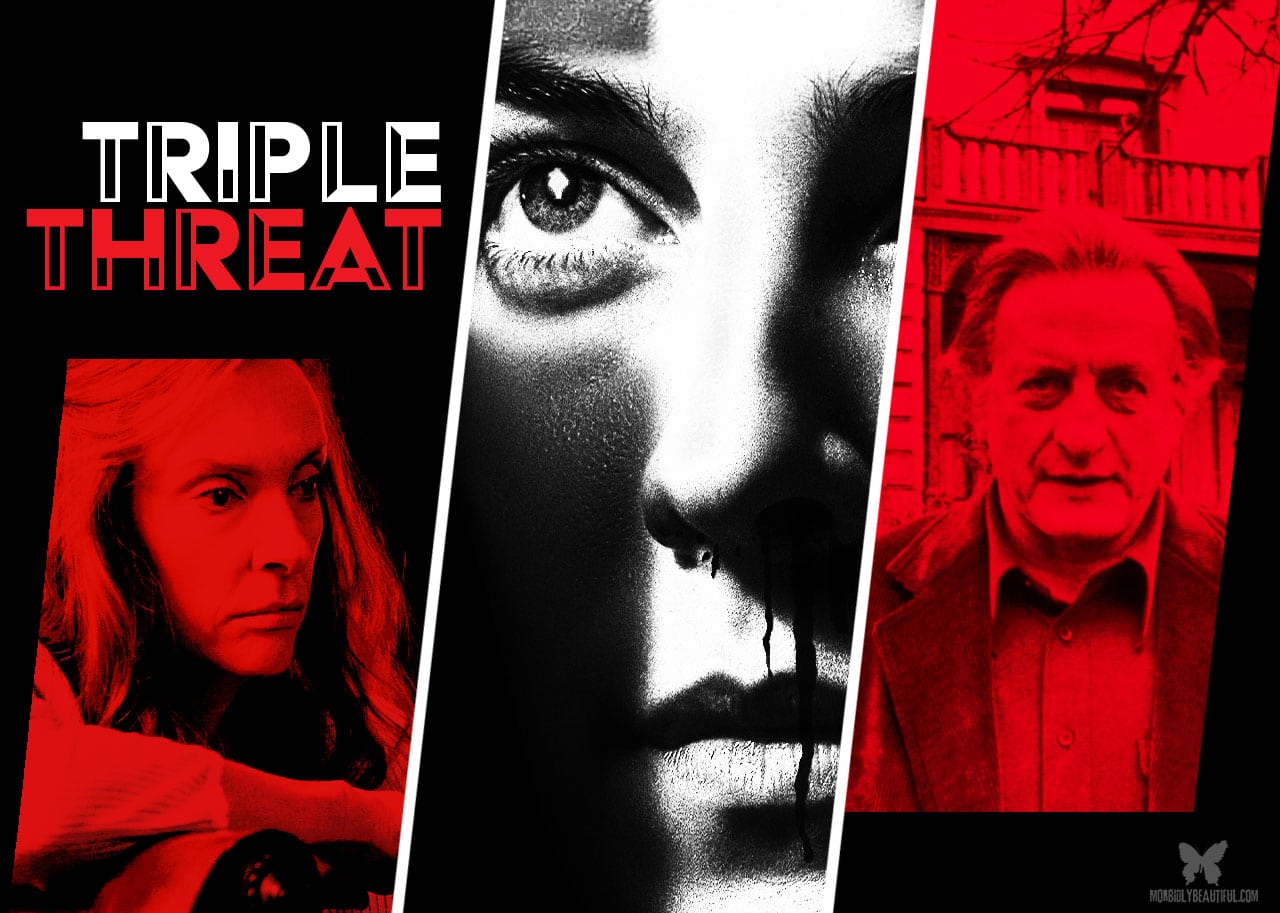
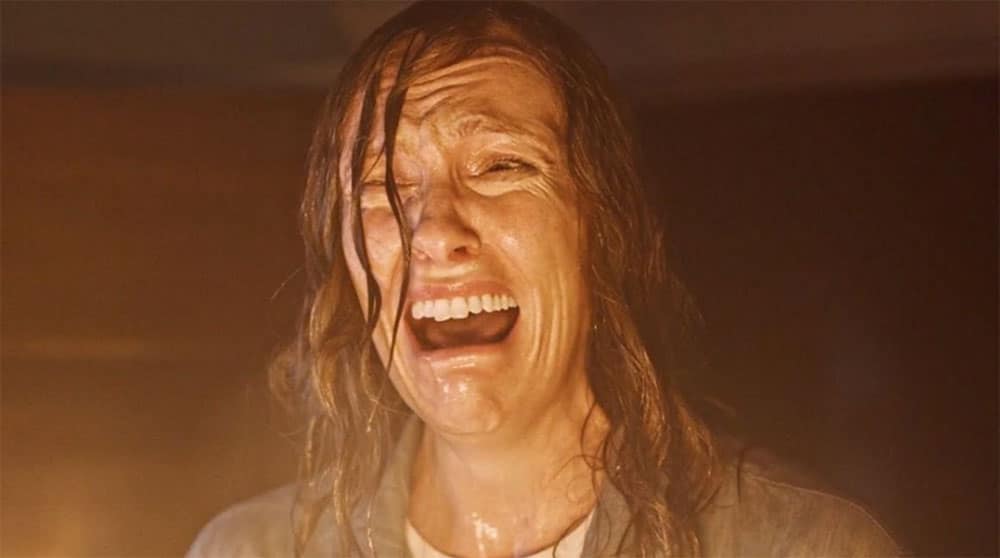
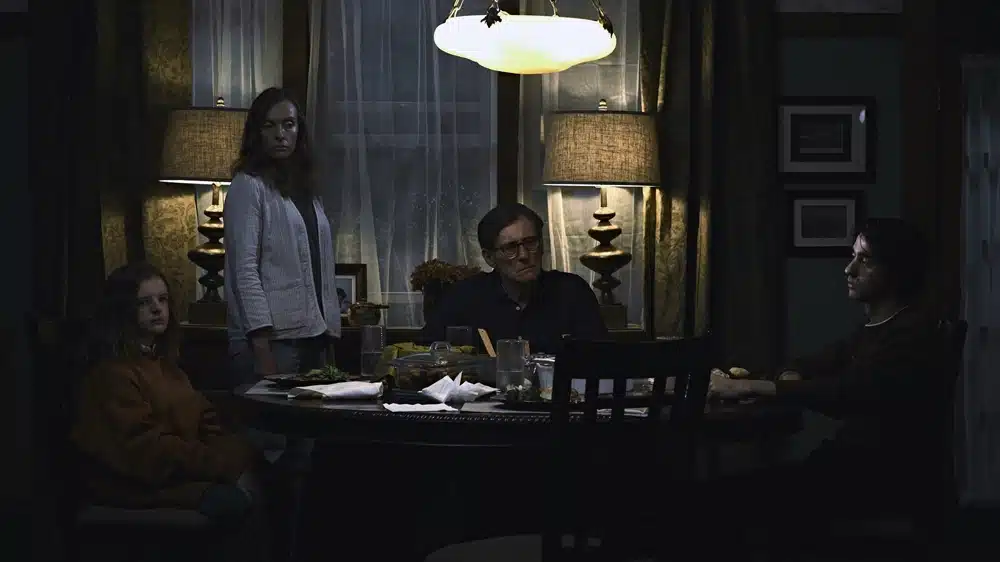
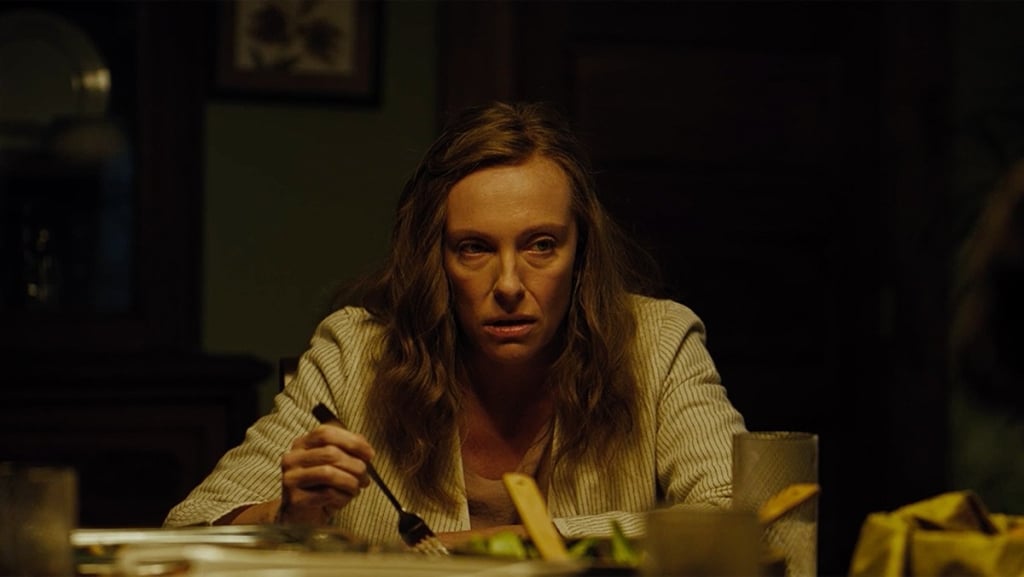
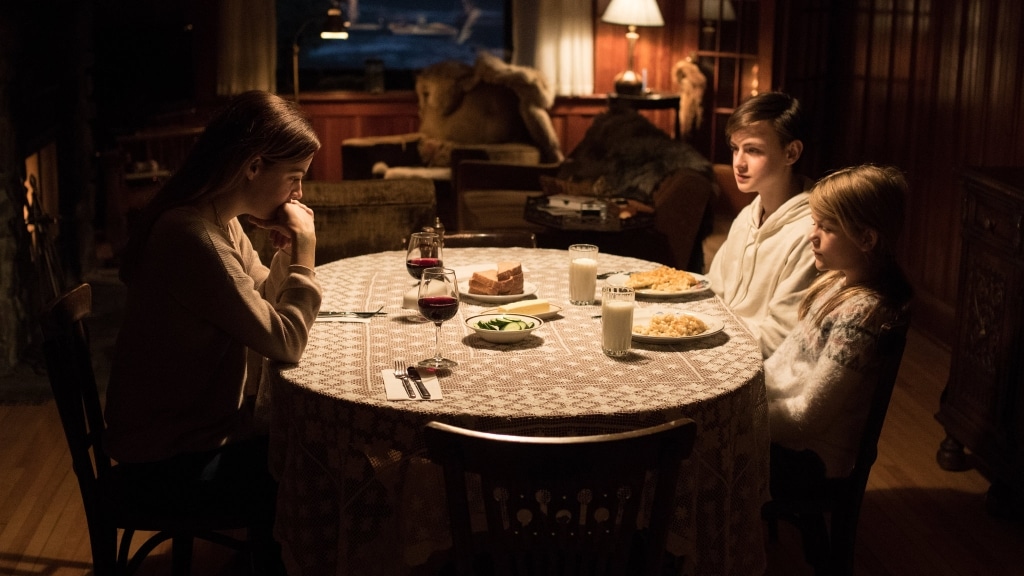
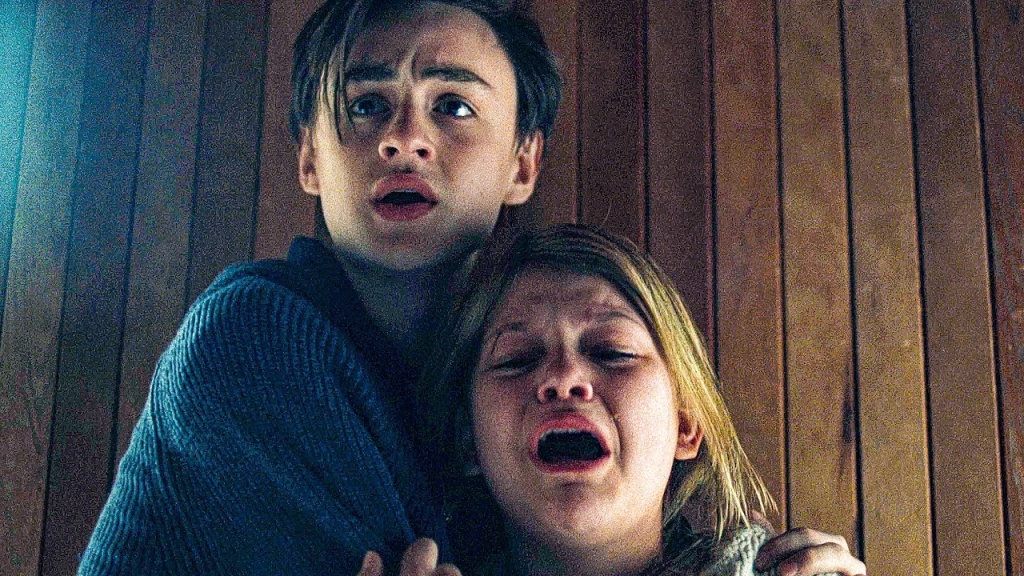
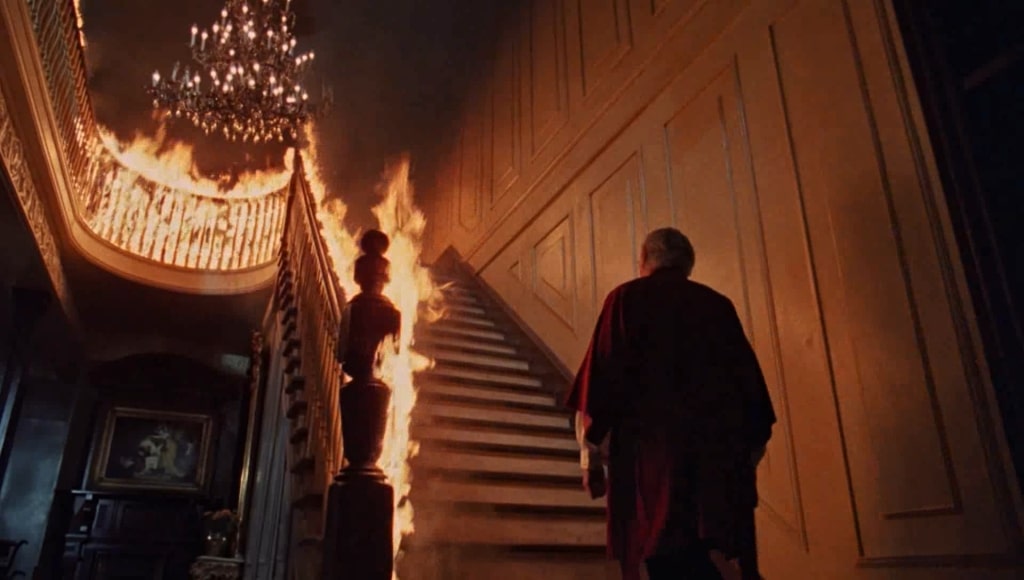
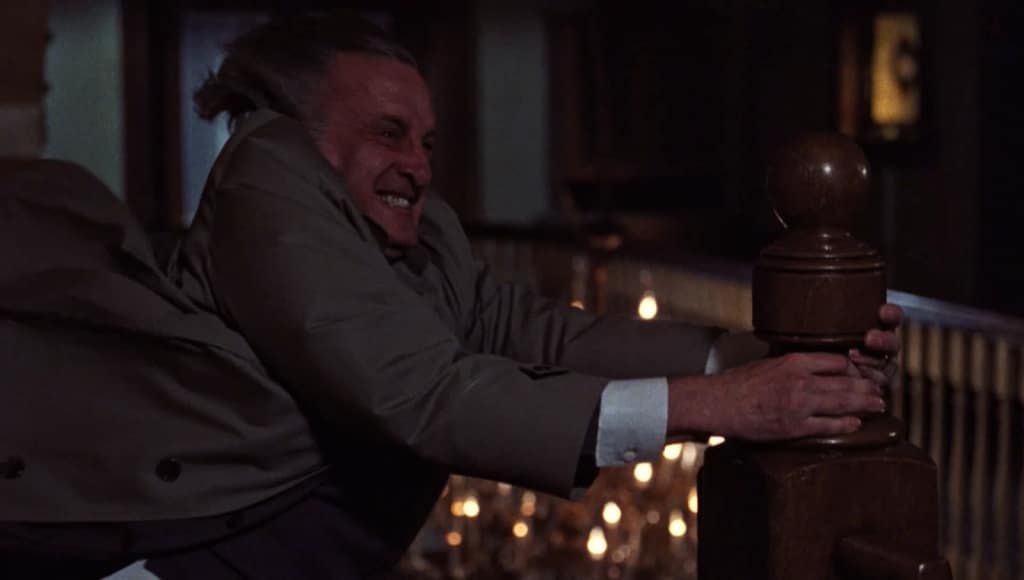
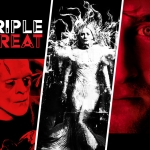

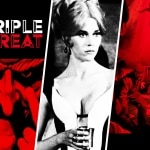








Follow Us!